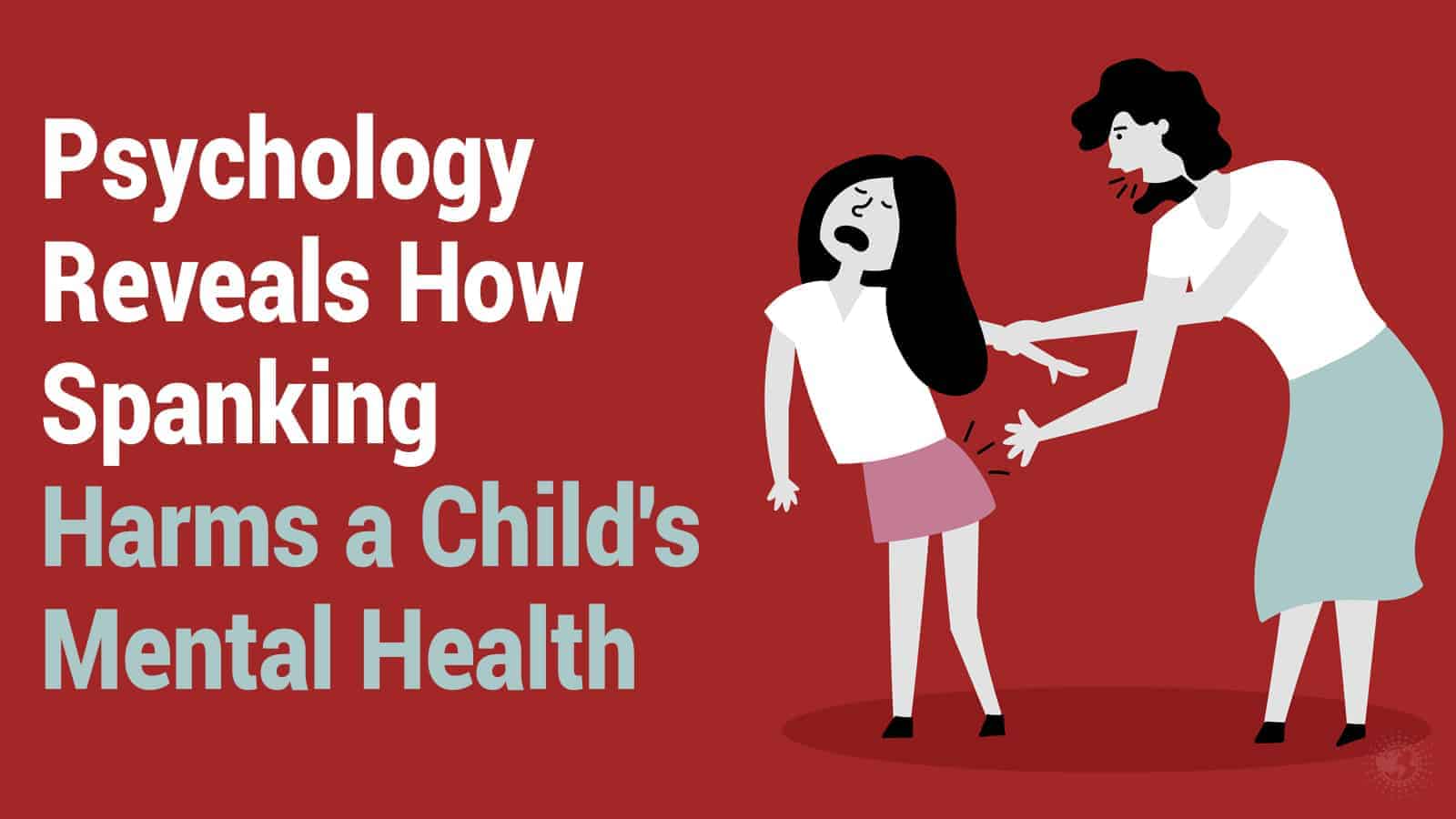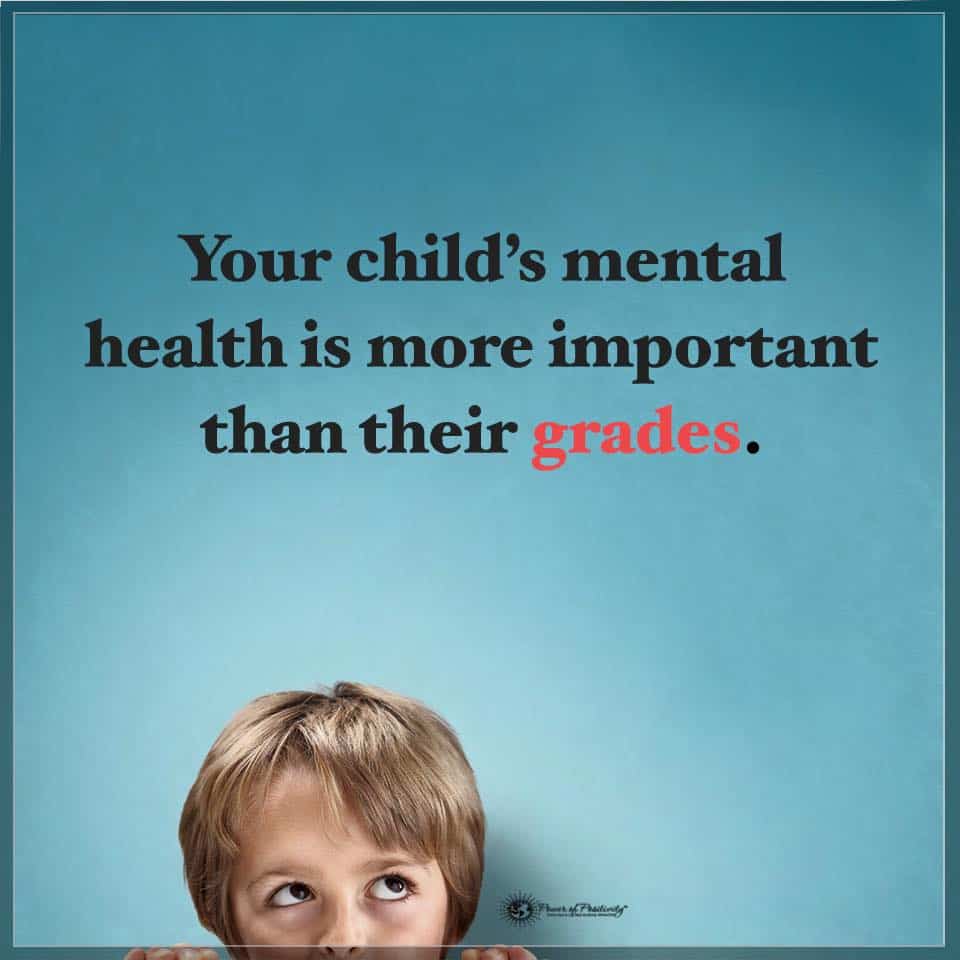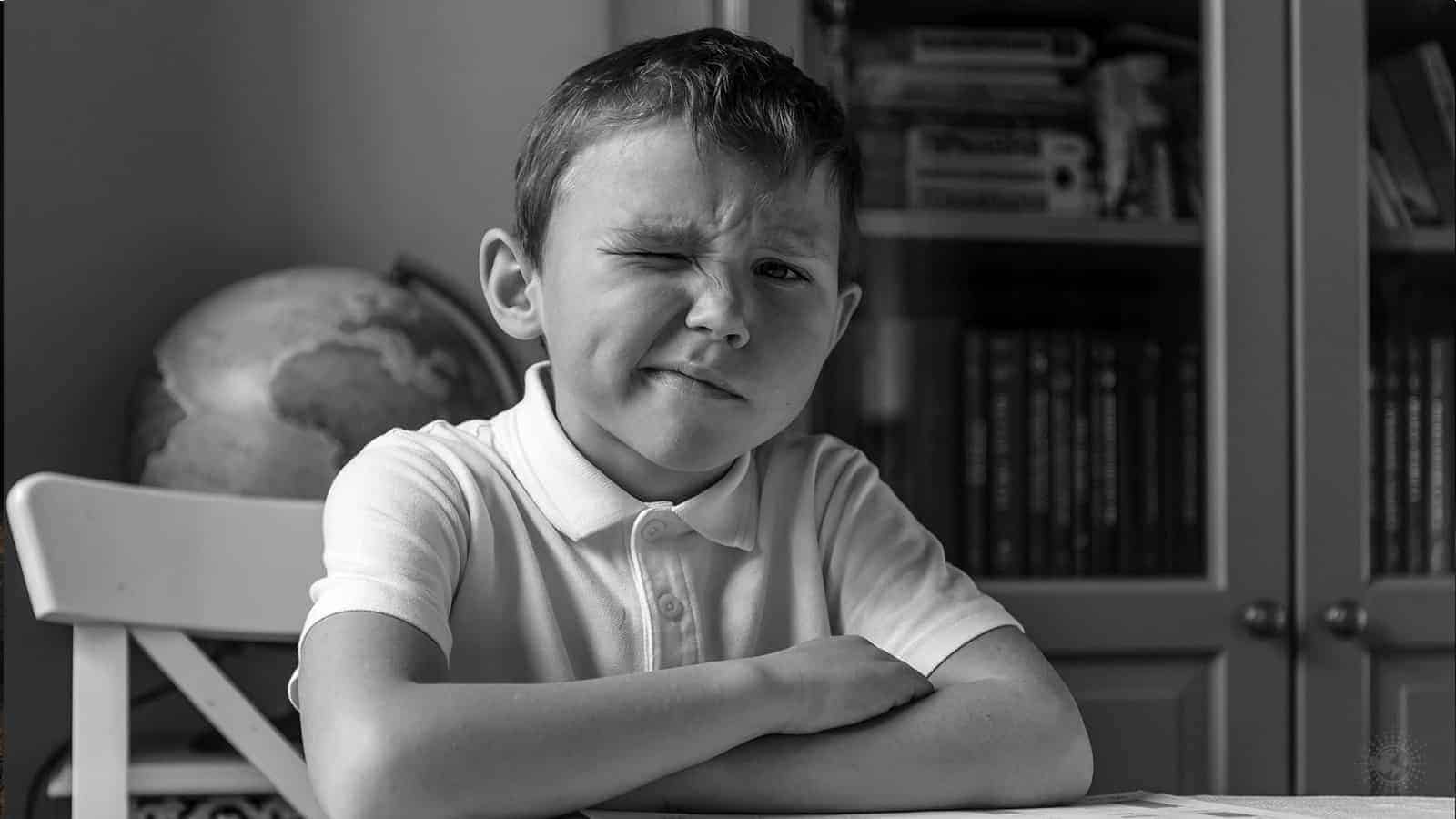Tourette Syndrome (TS) is a neurological disorder that affects both children and adults. According to research, approximately 1 in every 162 children have Tourette Syndrome. Sadly, many kids who suffer from TS go undiagnosed. As a parent, it’s important to be aware of the signs that could indicate your child has this disorder. Here is a list of common TS symptoms in kids.
About Tourette Syndrome
This neurological disorder was named after Dr. Georges Gilles de la Tourette, a French neurologist who first discovered TS in 1885. It’s characterized by involuntary and often repetitive movements or vocalizations that are called tics. Tics can last for several seconds or several minutes. A common misunderstanding of TS is that patients yell out inappropriate or obscene words and display obscene gestures, but these are rare behaviors and only add to the stereotypical thoughts about TS.
 Common symptoms
Common symptoms
Signs of TS typically show up in kids between 7 to 10, but it’s possible for signs to show up as early as 2 years of age or younger. Although it can show up as late as 18, tics that start after that age aren’t considered Tourette Syndrome. Surprisingly, approximately 1/3 of kids with TS have no tics when they get to adulthood.
There are many symptoms of Tourette syndrome. Here are some that are more common, according to the National Institute of Neurological Disorders and Stroke.
- Humming
- Hopping
- Kicking
- Eye blinking
- Grimacing
- Head jerks
- Arm flapping
- Shoulder shrugs
- Stomping
- Grunting
- Constantly touching people or things
- Barking
- Throat clearing
- Shouting out a word
Kids who have TS can also display these symptoms:
- Trouble focusing and concentrating
- Behavior problems: aggressiveness, irritability, or immature behavior.
- Attention deficit hyperactivity (ADHD)
- Obsessive-compulsive disorder (OCD)
- Purposeful self-harm
- Emotional upsets
- Anxiety
- Sleep problems: troubling falling asleep, talking during sleep, nightmares, restless while asleep
These signs could reveal your child has Tourette Syndrome.
1 – Social problems
One common sign of TS in children is a lack of understanding of social skills at an age when they should begin to practice them. Your child may have a total disregard for age-appropriate social skills like greeting, smiling, or playing with other kids. At first, you may think they’re shy or need extra training, but as you notice other kids their age practicing social skills, it becomes clear that your child has social problems.
2 – Sudden, brief repetitive movements
Early signs of TS will be tics that are sudden and repetitive. Young kids like to move a lot and mimic others, but TS tics are different. Neurologists describe them as quick and repetitive motions, beyond what’s usually seen in kids.
3 – Vocalizations
Tourette syndrome vocalizations vary depending upon the child. According to the Centers for Disease Control (CDC), these vocal expressions are common in TS. They include:
- Barking
- Hissing
- Grunting
- Throat clearing
- Whistling
As a parent, you may feel irritable at your child’s incessant repetition. At first, you may think the child is doing these movements on purpose to irritate you or a sibling. Watch what the tics look like and when they show up. Don’t assume it’s behavioral. Never punish a child for these tics. This can make them worse and make your child feel like you don’t understand.
4 – Tics worse when excited
Your child’s tics may get more pronounced when they’re excited about an event or a special surprise. You may think the movements are a silly habit that your child does to show excitement, especially if they’re very young. Keep an eye on these movements and when they occur. You’ll see a pattern emerge over time.
5 – Feeling of being out of control
Kids who have TS say that they feel an urge or sensation right before the tics begin. This is similar to when you feel a sneeze coming on. They can feel like they need to complete the tic a certain number of times to fulfill this urge or make it go away.
6 – Clothes can trigger tic
Your child’s clothing may trigger tics. Your son may complain of tight collars or long sleeves and want to wear shorts or tee shirts when it’s cold outside. They may feel frustrated about this and embarrassed if other kids or adults mention their off-season clothing.
7 – Sounds can trigger tics
Certain sounds can trigger your child’s quick jerking movements like someone sniffing or clearing their throat. Television shows can also trigger tics if there is barking or some kind of repetitive behavior that your child mimics.
8 – Tics while asleep
A sign that your child has TS is that they will continue having tics even while they’re asleep. The tics may be less pronounced, but you’ll see them moving a lot and the same type of movements you notice during the day.
9 – The tics seem to be in the head or neck area
Some of the earliest signs of Tourette syndrome are jerking or repetitive movements of the head or in the neck area. Repetitive shrugging or head shaking is often the first thing a parent notices, especially in very young children. It can be misinterpreted as typically silly childish fun, but over time you’ll realize it’s not something your child can control.
10 – Subtle tics at first
Your child’s tics may be very subtle at first, almost like they’re having fun using their body in funny ways. But over time you’ll see more pronounced tics and that your child isn’t trying to do the movements. Eventually, the tics may begin to disrupt the child’s daily life.
11 – Other neurological conditions at the same time
If your child already has a neurological condition, they could develop TS along with it. The conditions that go hand in hand with Tourette syndrome include the following:
- ADHD
- OCD
- Trouble processing and understanding information
- Aggressiveness
- Rage
- Mood disorders: depression or extreme excitability
- Anxiety: fearfulness, shyness, and separation anxiety.
12 – Early symptoms
The early TS signs are hard to read, but they generally start in your child’s head, neck, or arms. They may start as:
- Blinking
- Eye rolling
- Jerking head from side to side
- Head shaking
- Arm flapping
 13 – Biological and genetic connections
13 – Biological and genetic connections
Studies show that Tourette syndrome has genetic components. Recently researchers have found structural changes in two genes associated with TS. As these researchers move toward understand the disorder’s biology, they’ll be able to find treatments to help kids affected by TS.
14 – Boys affected more than girls
Early Tourette syndrome is 3 to 4 times more common in boys than in girls. It’s often more severe in boys, too. It’s not totally understood why this is the case.
15 – Tourette Syndrome could look like an allergy
It’s hard to tell whether your child has Tourette syndrome or an allergy that’s causing sniffing, blinking, coughing, and throat clearing. If you see these symptoms, take your child to the pediatrician to check for allergies. Many kids spend years going to allergists and pulmonologists only to find out that they have Tourette syndrome.
16 – Anxiety makes tics worse
Experts agree that stress and anxiety make TS symptoms worse. You may notice the tics are more pronounced on your daughter’s the first day of school or before your son’s basketball game.
17 – Repeating
Kids are notorious for asking for things over and over. You may attribute your child’s repeating and mimicking of you or family members as childish behavior, especially if they’re quite young. Kids with TS often ask to hear something over and over again and then repeat it again and again.
18 – Combination of several movements
Your child may have more than one or more tics that happen simultaneously or right after each other, such as blinking and then shrugging or humming and then yelling.
19 – Tourette Syndrome can show up in babies
You’ll notice behavior that appears like your child is doing them on purpose, such as
- Kissing sounds
- Pinching
- Sticking out their tongue
- Lip-smacking
20 – Tiredness makes it worse
Just like anxiety and excitement trigger tics, when your child is overly tired you may notice that they have more pronounced tics. This can be alarming for a parent to realize these movements are involuntary.
Can my child stop the tics?
Studies show that even though Tourette Syndrome is involuntary, sometimes patients can suppress or hide their tics to reduce the impact. That being said, the tics can be made worse from the stress of trying to suppress the tic. Never try to force your child to stop doing these behaviors.
What should you do?
If you notice your child has a tic, you should take them to the pediatrician. Some children grow out of tics. This means that not all tics are Tourette Syndrome. But if your child does have this disorder, the sooner you get a diagnosis, the sooner your child can get treatment.
What causes Tourette Syndrome?
Tourette Syndrome is still a mystery to doctors. Scientists think there are genetic considerations that could contribute to it, plus they think that these things could contribute to this disorder.
- Environmental risks
- Smoking during pregnancy
- Pregnancy complications
- Low birthweight
- Infections: For some reason, tics can show up after your child has an infection.
Treatments for Tourette Syndrome
Relaxation techniques and behavioral treatments such as awareness training have been successful for TS patients. Recent studies found that training patients to move when they feel the urge of a tic coming on can help reduce the symptom. Biofeedback and counseling may also prove to help.
 Final thoughts on a Tourette Syndrome diagnosis in your child
Final thoughts on a Tourette Syndrome diagnosis in your child
As a parent, you want your child to feel healthy and happy. Because you know your child best, you are the best person to notice symptoms and advocate on their behalf.
If you suspect your child may have Tourette syndrome, arrange an appointment with your pediatrician right away. They can help give an accurate diagnosis and find the best treatment for your child. The sooner your child is diagnosed the better since there are many treatments that can give your child the normal, happy life that you want for them.



















